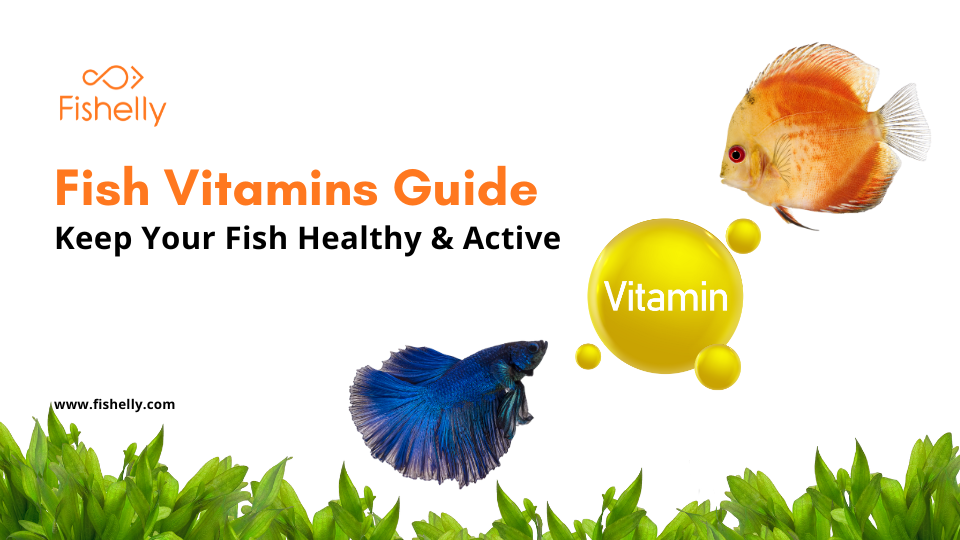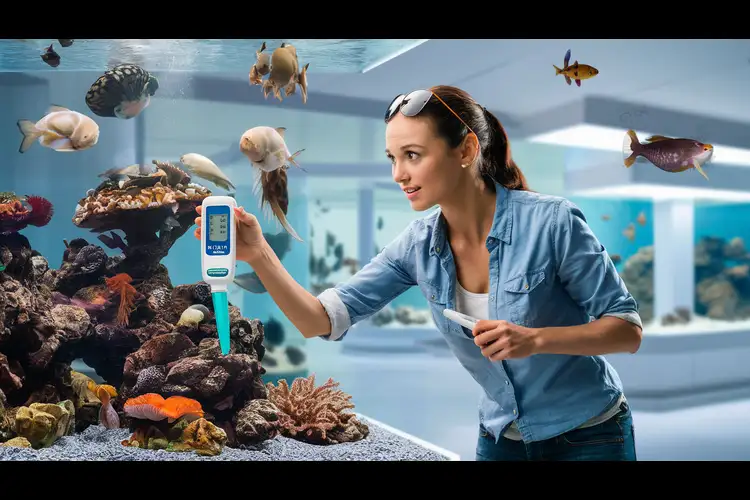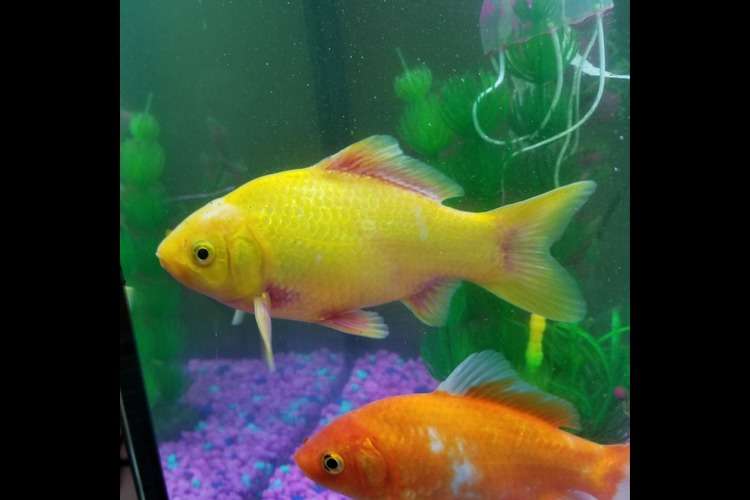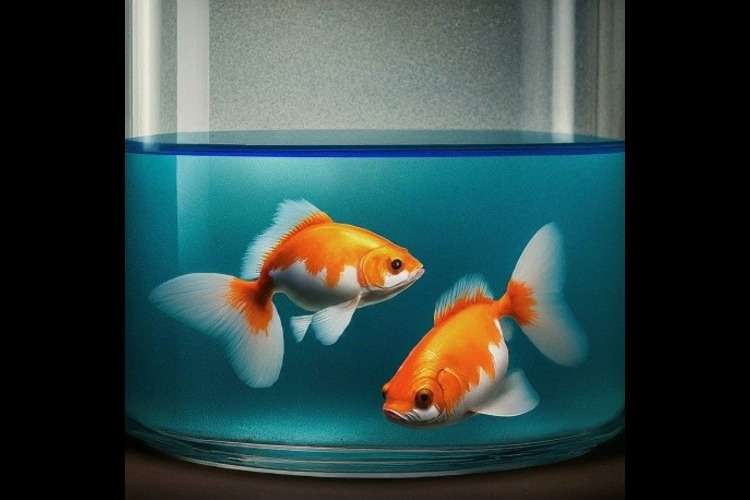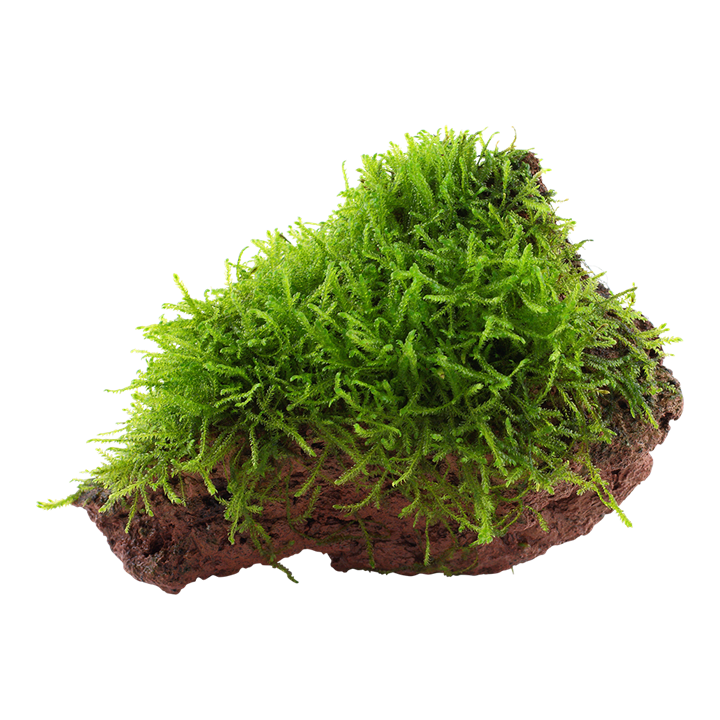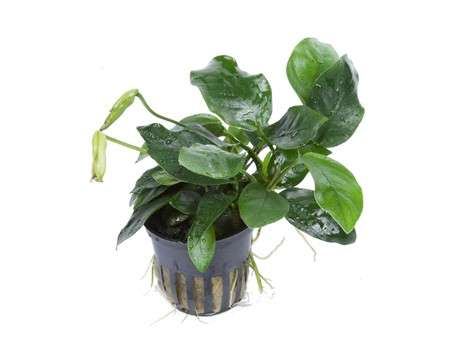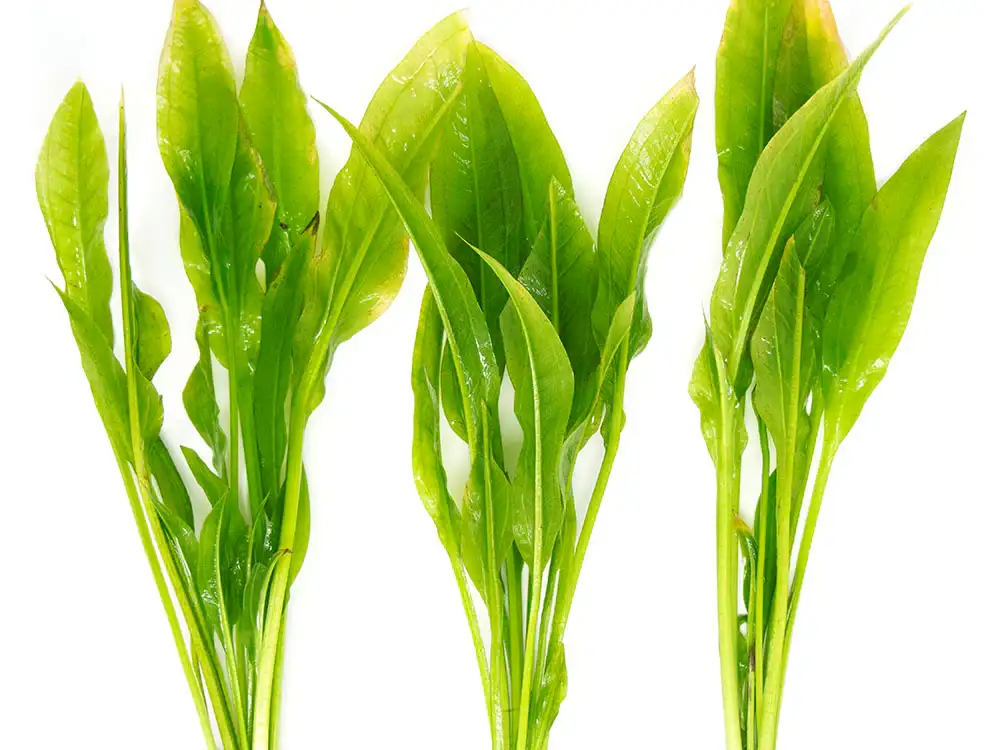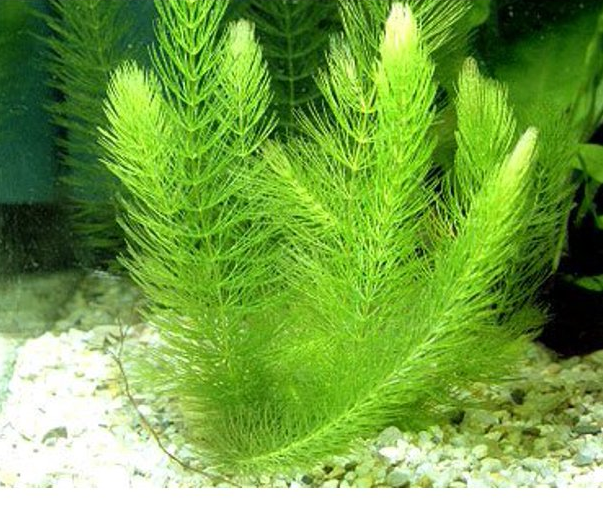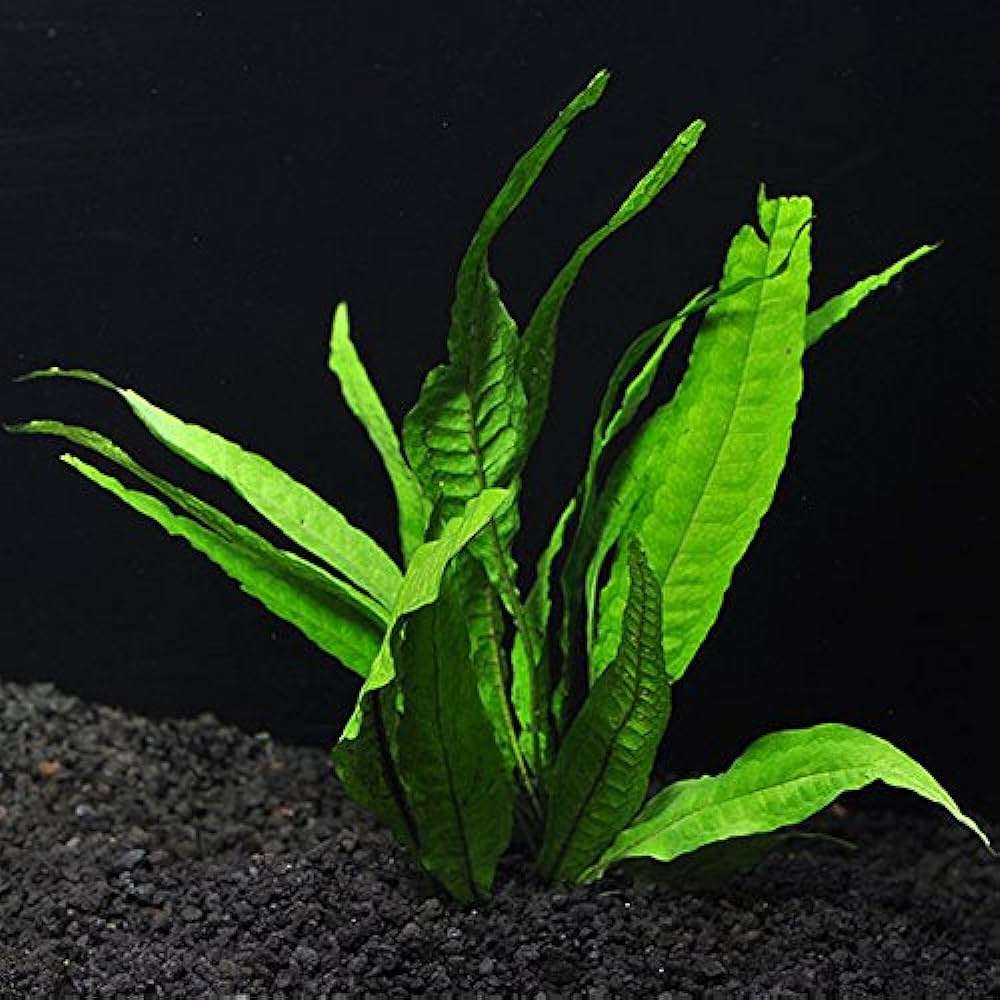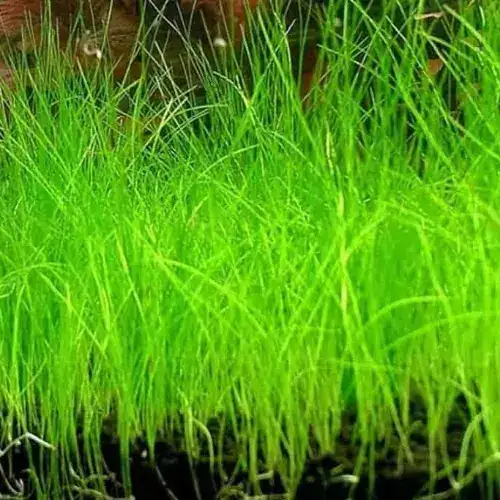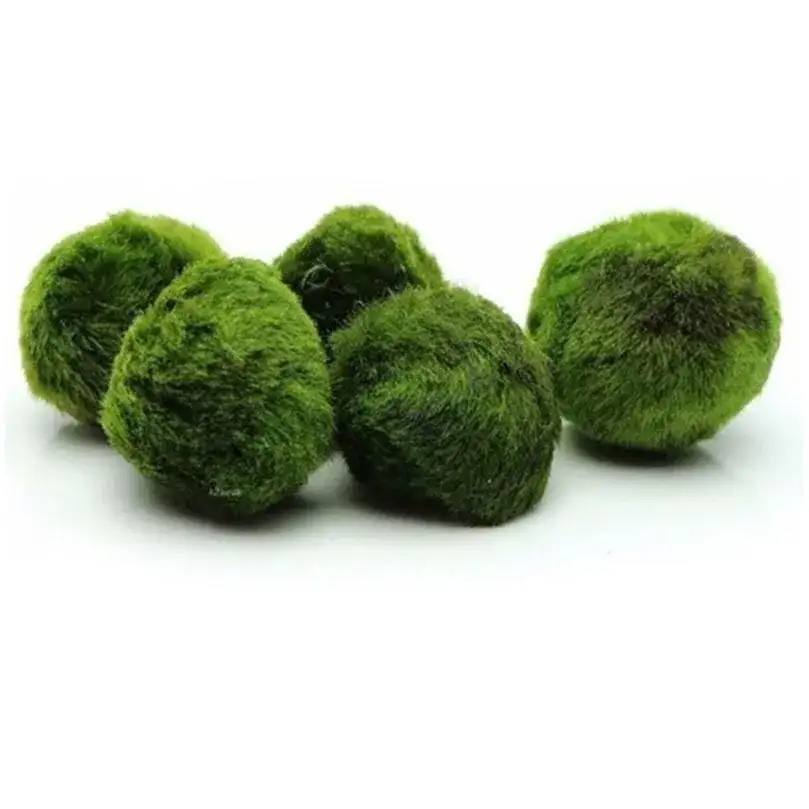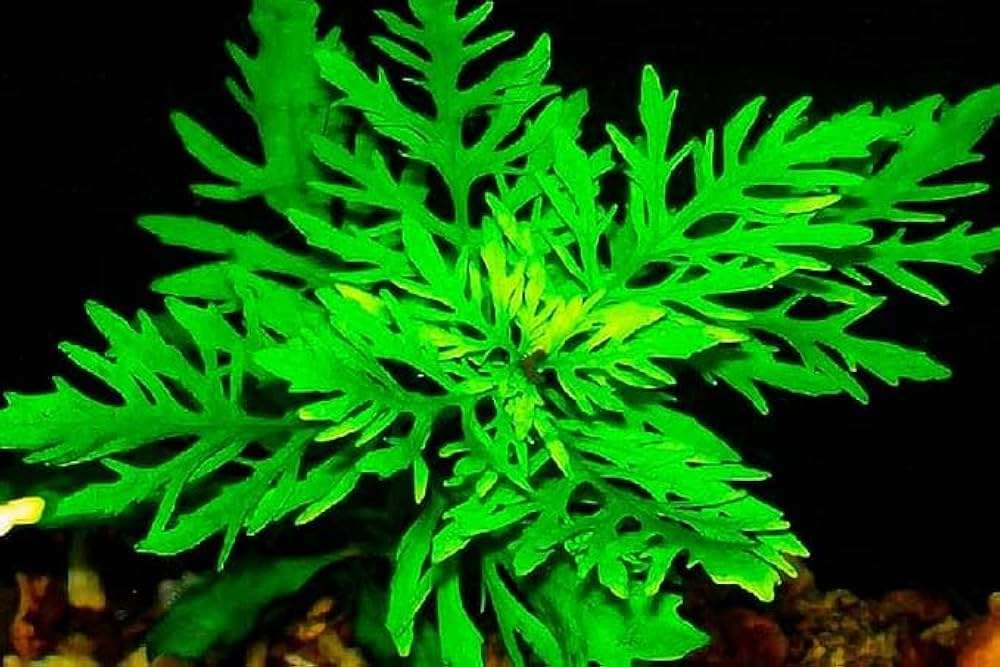Fish Vitamins Guide | Keep Your Fish Healthy & Active
Discover the essential vitamins your fish need for growth, immunity, and vibrant colors. Learn sources, benefits, deficiency signs, and tips for a healthier aquarium.
Table of Contents
- Vitamin A - The Eye & Growth Booster
- Vitamin C – Immunity, Vitality Up-lifter
- Vitamin D & E - Strong Bones & Shiny Fins
- Vitamin B Complex - Enhancer of Energy and Metabolism
- Vitamin K - The Silent Protector
- Vitamin deficiency signs in fish
- How to Provide Vitamins Effectively
- Why Do Vitamins Matter In Care Of Fish?
- Faq
- Conclusion
Just like humans, fishes need a healthy balanced diet having essential vitamins to maintain their health, activity level and immunity from diseases. Most aquarists emphasize protein-rich feeds or proper clean water but forget the vital contribution made by vitamins in fish health. Vitamins have an important role in immunity development, growth, and maintenance of the fish's vitality in the long term. Deprived of that, your fish will be weak in immunity, dull in color, poorly developed fins, and less vigorous in action. Here are the specific vitamins which your fish need and where to get them in nature and what they actually do.
Vitamin A - The Eye & Growth Booster
Vitamin A is responsible for good eyesight, growth, and development; in case of deficiency, there will be poor vision, stunted growth in the fish.
Sources of Vitamin A for Fish:
• Carrots

• Spirulina
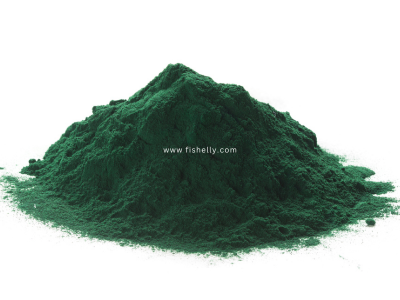
• Green vegetables

Benefits:
• Healthy eyes
• Growth & Development
Vitamin C – Immunity, Vitality Up-lifter
Most important vitamin for any fish, Vitamins are the backbone of immunological strength of a fish. Just to be different from Homo sapiens, fishes can't store Vitamin C in their body and then begin frequent feeding.
Sources of Vitamin C for Fish:
• Oranges
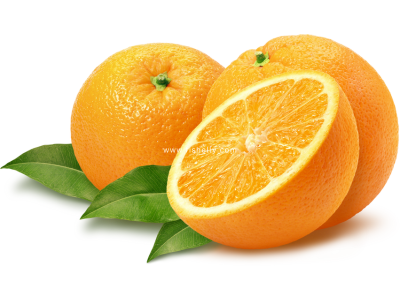
• Peas
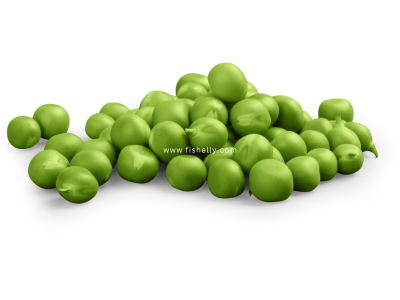
• Other Fresh Fruits & Vegetables

Benefits:
• Immunity & disease resistance enhancement
• Vitality & energy increases
Vitamin D & E - Strong Bones & Shiny Fins
On the similar lines as humans, fish also require vitamin D for having strong bones.
Sources of Vitamin D & E for Fish:
• Sunlight

• Algae
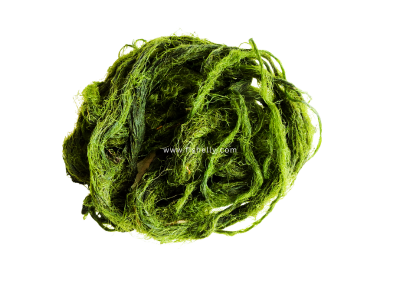
Benefits:
• Keeps bones strong
• Shiny vibrant fins
Vitamin B Complex - Enhancer of Energy and Metabolism
It is a combination of those vitamins that yields the energy, metabolism, and healthy organ function. Fish suffer from a deficiency of vitamin B: lethargic, stressed, and pet appetite loss.
Sources for Vitamin B Complex for Fish:
• Whole Grains
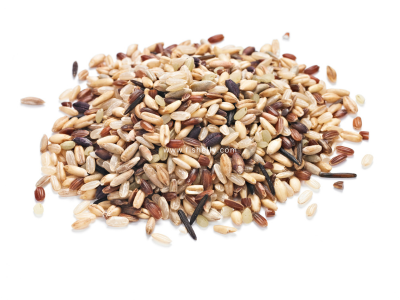
• Yeast
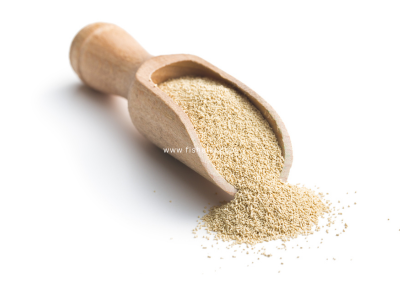
• Fish Food Mixes
Benefits:
• Energizes & boosts metabolism
• Improves appeared activity and whole health
Vitamin K - The Silent Protector
Vitamin K is often neglected, but it plays a core role in ensuring blood coagulation and developing bone. Its absence can lead to internal bleeding or weak bones in fish.
Sources of Vitamin K for Fish:
• Leafy Greens

• Algae
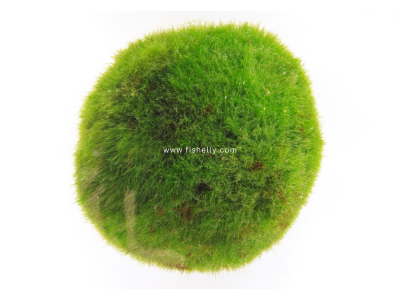
Benefits:
• Blood clotting
• Strengthened bones and overall resilience
Vitamin deficiency signs in fish
Knowing what signs to look for can then help you fix deficiencies early on.
Vitamin A deficiency: Poor eyesight, stunted growth.
Vitamin C deficiency: Poor immunity, slowness in healing, fin erosion.
Vitamin D deficiency: Short spine, weak bones.
Vitamin E deficiency: Dull colors, bad reproduction.
Vitamin B deficiency: Lack of appetite, tension, slothfulness.
Vitamin K deficiency: Internal bleeding, poor bones.
How to Provide Vitamins Effectively
Balanced Commercial Food: Most high-quality fish foods already include vitamins.
Natural Food Supplementation: Fresh veggies (peas, spinach), fruits (orange slices), and algae works great.
No Overfeeding: Small, consistent doses keep vitamins in good absorption.
Liquid or Powder Supplements: Useful for species with special needs or recovering fish.
Why Do Vitamins Matter In Care Of Fish?
A vitamin rich diet ensures that your fish live longer and healthier lives full of colors. They are also less prone to diseases and recover faster from stress, besides showing more normal active behaviours. Although commercial fish food contains much, supplementing with natural vitamin sources gives your fish the complete care they deserve.
Pro tip: If you are not sure about the diet of your fish, consider adding some natural vegetables, fruits, or even vitamin supplements in low doses with their usual fish meal.
Faq
1. Why do fish need vitamins just like humans?
Yes, fish also need vitamins for growth, immunity, and energy. Without them, they can become weak, dull in color, and more prone to diseases.
2. What are the most important vitamins for fish health?
Key vitamins are Vitamin A, C, D, E, B-complex, and K. Each supports different functions like eyesight, strong bones, shiny fins, immunity, and metabolism.
3. Can I give my fish fruits and vegetables for vitamins?
Yes. Small amounts of peas, spinach, carrots, or orange slices are great natural vitamin sources. Just feed in moderation to avoid overfeeding.
4. How do I know if my fish has a vitamin deficiency?
Look for signs like dull colors, weak bones, poor growth, loss of appetite, fin erosion, or slow healing. These usually mean a lack of essential vitamins.
5. Isn’t commercial fish food enough for vitamins?
Good quality fish food contains many vitamins, but adding natural supplements (veggies, algae, or fruits) makes the diet healthier and more complete.
6. Can vitamin deficiency shorten my fish’s life?
Yes. Without proper vitamins, fish are weaker, fall sick more often, and may have shorter lifespans.
7. What’s the easiest way to give vitamins to fish?
Provide a mix of balanced fish food, small portions of natural fruits/veggies, and if needed, use liquid or powder supplements available in stores.
8. How often should I feed vitamins to my fish?
Give vitamins regularly but in small doses. Avoid overfeeding—consistency is more important than large quantities.
Conclusion
Vitamins may not be visible, but their role in fish health is unquestionable. Strong bones and immunity, how vibrantly colored and energetic the fish will be, all depend on the right vitamin balance. Quality fish food paired with natural vitamin sources will help in a long way to enhance fish's lifespan and create a healthier, active, and beautiful aquarium.
